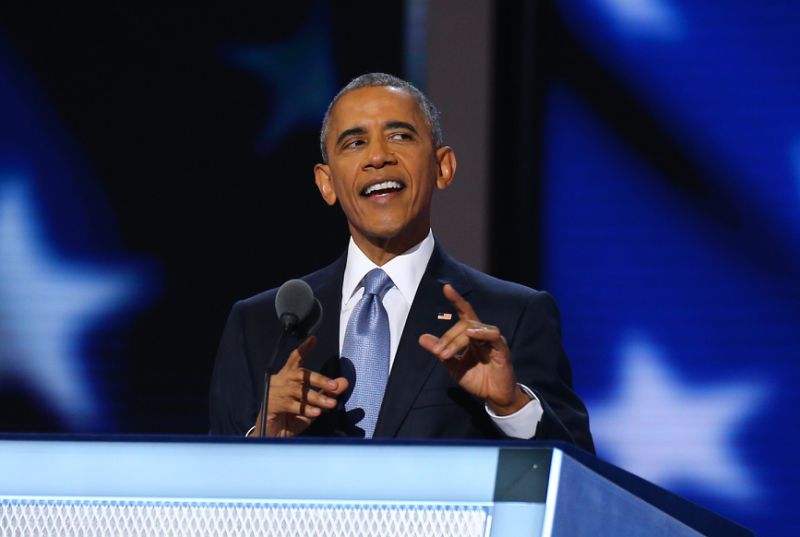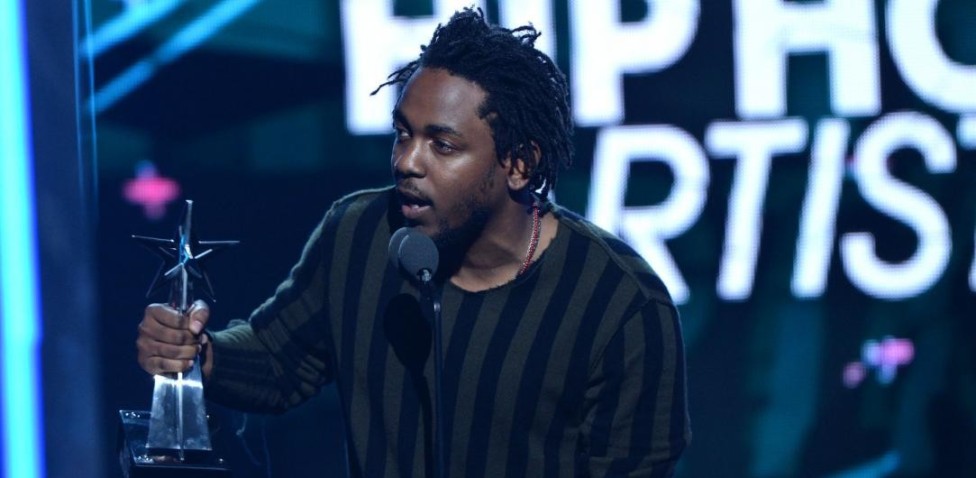He Did it for the Culture- A Look at 4:44
It is no secret that urban American society is heavily influenced by “popular culture”, whose muse has long been Hip Hop. Our style, our lingo,…
It is no secret that urban American society is heavily influenced by “popular culture”, whose muse has long been Hip Hop. Our style, our lingo, our political interests and the unwritten rules that we blindly follow are all largely based on what we have learned from Hip Hop music and Jay Z has arguably been the most influential man from the genre for more than a decade. He told us that Platinum was better than Gold, and we ran rampant attempting to imitate the platinum look. He broke his business deal with Cristal due to a racial controversy, and clubs flooded their shelves with Ace of Spades as a result. He said jerseys were corny and we all put on button-up shirts for the culture. From Cristal to renouncing Auto tune, society has followed the words of “Hov” to a T and this new album will be likely his most important contribution to date.
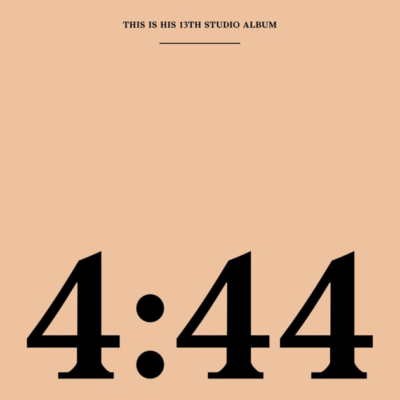
Since its inception, the world has viewed Hip Hop as a primal art form largely due to its subject matter. It allegedly trivializes the act of womanizing, dismissive moral codes, drug trafficking and a plethora of other topics that have been deemed as unfit for average public consumption but is accepted because it has been part of the black experience for so long. Some artists have said their piece and made mention of our lack of awareness but no one seems to pay attention to the artists that do; their star power, or lack of, is typically what holds back the delivery of their message. That is why we are all here. This is what makes Jigga’s 13th release so important, the fact that he is Jay Z and that, despite how the public perceives him to shy away from supporting our cause, is one of the few, whose voice is loud enough to speak about it.

With his first words, he sets the tone for the rest of the record. He thoroughly pronounces every syllable in those first words, “Kill Jay Z”, ensuring the clarity behind his mind state as he attempts to kill off the ego that he has become, a metaphorical washing of his hands. From that point on, this album is an introspective masterpiece. He goes into his downfalls that were brought on by the braggadocio that Hip Hop provided: his misstep in shooting his drug-addicted brother at the age 12, his aggravated assault charge back in ‘99, his relationship with Kanye exploding in front of public eyes and the one topic that became the bassline of this entire album, his adulterous tendencies with his wife. We have yet to see this side of Jay Z. In fact, we have yet to see this level of transparency from Hip Hop in general, especially from artists of his calibre. Sure he has had self-reflective songs but the entire album feels like a therapy session, for himself and for his fans. Even Jay addressing the insight that his therapist gave is untampered ground.
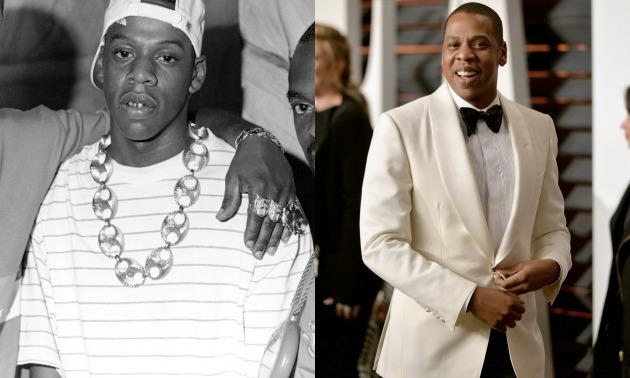
Jay’s next order of business was on the listener and the “million dollars’ worth of game” that he bestowed upon us, on ‘The Story of OJ’. Again, from the start of the song, he sets the tone. The cringe-worthy words of OJ Simpson have become a conversation of relevancy in the past years as black stars have gained larger sums of income at least that is the perception of the general public. Speaking about the upper 1%, Jay speaks on still being considered as no better than the rest of us, by his white peers. This topic has become a touchy one because so many popular black figures have been receiving discriminatory treatment based on the color of their skin. With the recent comments from Jason Whitlock, an ESPN reporter, on the hate crime against Lebron James, it is clear that in the mind of some, money separates you from your ethnic plight which couldn’t be further from the truth. The world continues to show us that in reality, irrespective of financial wealth, we are still viewed as the same.
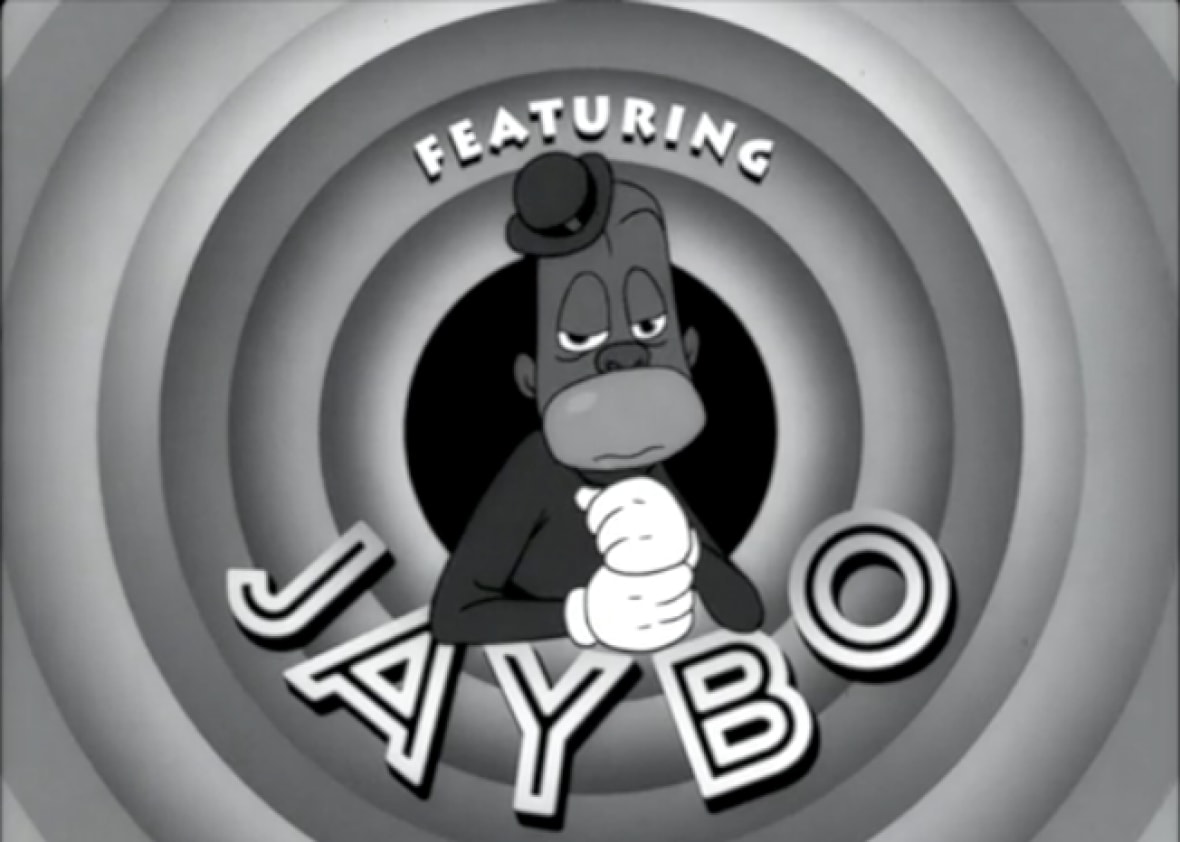
As earlier referenced, the point of him cheating on his wife, the public-perceived most influential black woman on Earth, is the ominous undertone that this whole album maintains. What was most important to me, even outside of the push for generational wealth, was his continuous apology to Beyoncé. I have seen many women denounce him for his cheating and her for staying committed but what I think is missed is the necessity of this story. Jay is speaking from a perspective of sorrow, of witnessing the loss of his wife’s innocence and how he will have to deal with its consequences for the rest of his life.
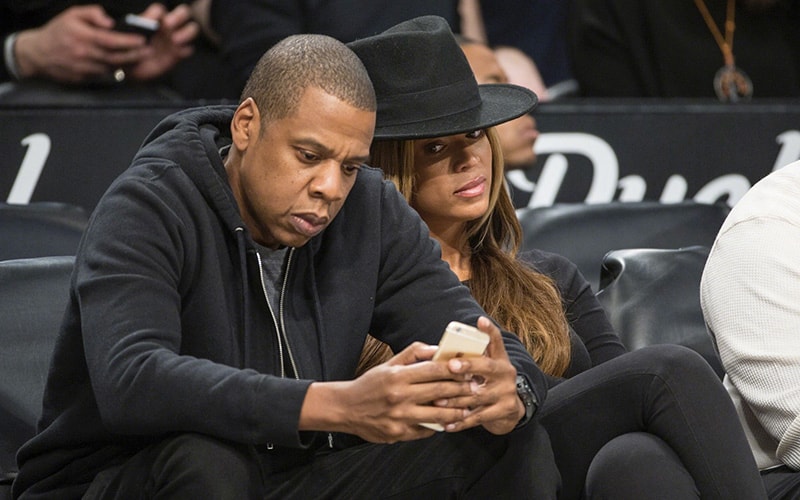
This stance is new to us. In Hip Hop, we are so used to rappers promoting the dismissal of monogamy that hearing Jay, arguably the most influential figure in our community, praise the importance of monogamy in his life as well as in establishing, the aforementioned, generational wealth is important. It changes the narrative in Hip Hop. It takes what was once braggadocios and brings it to a level of vulnerability, one that the men in our community have for so long been afraid to acknowledge. Only time will tell the true importance of Jay Z’s ‘4:44’ album but what I can factually say, is that in the process of being his most transparent, he has once again, gained the attention of the world. And this time, he delivered the message that we needed most. From establishing & maintaining wealth to learning to become better men for our women, Jay laid out the blueprint for true black excellence.
By: Yogi
Disclaimer: The views, opinions and positions expressed by the authors and those providing comments, opinions on this website are theirs alone, and do not necessarily reflect the views, opinions or positions of M-Lifestyle and their affiliates. M-Lifestyle does not claim ownership of any images used, unless otherwise specified.
![]()

